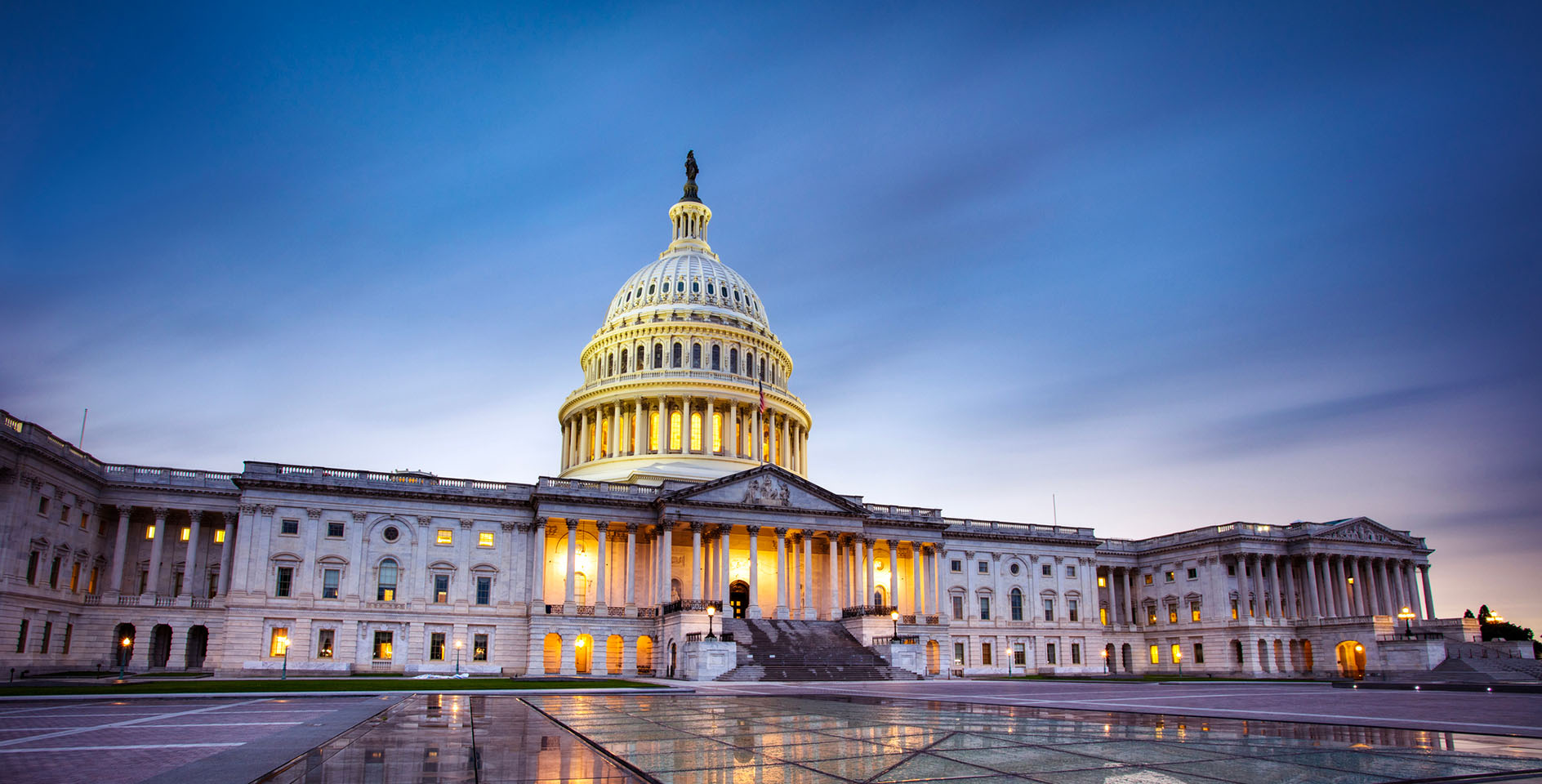Support Conscience Protection Act

Federal lawmakers in the United States have a long history of protecting the religious liberty of all Americans by ensuring that healthcare professionals are able to work in a way that is consistent with their deeply held beliefs. Language provided in the Church Amendments, Weldon Amendment, and other provisions listed in Section 2 of the Conscience Protection Act has laid the groundwork for a rich legal history defending conscience protections for Americans, thereby protecting the right of all Americans to believe and express their religious and moral convictions.


Despite these protections, the Department of Health and Human Services (HHS) has refused to enforce conscience protection law in multiple instances. When government fails to perform its most basic and essential duties, Americans are left without a remedy to defend their rights, even a right as fundamental to American democracy as the right to religious liberty. Recent actions from the Biden administration have further threatened these protections.
Under existing federal law, organizations that receive federal funding are prohibited from coercing those with religious and moral objections to abortion into participating in or funding abortion services. The Church Amendment of 1973 states that hospitals or individuals who receive federal funds will not be required to participate in abortion. The Hyde Amendment prohibits government appropriations from being used to fund abortion or health benefits that cover of abortion. The Weldon Amendment prohibits appropriations to the Departments of Labor, HHS, and Education to be used to discriminate against any healthcare entity that refuses to provide, cover, fund, or refer abortions. The bipartisan consensus on these compromises between abortion and conscience rights has held for decades, as both the Hyde and Weldon amendments have been attached to every appropriations bill passed through Congress and signed into law at the White House since 2004.

Despite clear legal and ethical violations with such policies, numerous state governments and entities receiving government funds are in violation of these federal protections. In 2009, a New York nurse was forced by her superiors to assist in the dismemberment abortion of a 22-week-old baby. When she objected, she was threatened with the loss of her job. By coercing the nurse, the hospital violated the Church Amendment, a related conscience protection. Another example of abuse occurred in 2011 when a Catholic refugee agency was denied an HHS grant renewal for serving survivors of human trafficking. In a blatant violation of both the Hyde and Weldon amendments, HHS denied the grant because the agency refused to refer their survivor clients to healthcare providers that covered abortion.
As Southern Baptists, we have fiercely held our conviction to support and advocate for religious liberty since our formation as a denomination. Religious liberty is not solely a question of legal concern, but a matter of deeply rooted theological thought; our consciences are beholden first to the Lord, and second to one another. As a result, there are few matters equally pressing or deeply concerning as a federal agency intentionally neglecting to enforce the legally binding protections of physicians, nurses, and other participants in the medical industry. The law should not vary in effectiveness based on which administration resides in the seats of power.

The Conscience Protection Act would help conscience abuse victims defend their rights with explicitly stated legal remedies. Currently, the only enforcement mechanism is to eliminate federal funding to the state government or entity in question, as Church, Hyde, and Weldon are “limitation of funds” riders. The elimination of federal funds to an entire state is an unreasonable, and therefore rarely used, response.
The ERLC urges Congress to pass the Conscience Protection Act. No healthcare worker should have to compromise their deeply held beliefs in order to administer care, and the federal government must ensure that affected medical professionals are provided sufficient legal remedies if their conscience is violated. We urge Congress to uphold its duty to the American people by codifying legal protections that have already existed for the past 50 years, protecting the rights of all Americans indefinitely.
SBC Actions
Southern Baptists spoke to conscience protections at the 2024 annual meeting through the Resolution On Defending Religious Liberty, at the 2023 annual meeting through the Resolution On Christ’s Sole Lordship Over Every Human Conscience, at the 2019 annual meeting through a Resolution on Protecting Religious Liberty, and at the 2016 annual meeting through the Resolution on Biblical Sexuality and The Freedom Of Conscience.
Latest Resources


